AFRICA IS A COUNTRY
JULY 29. 2025
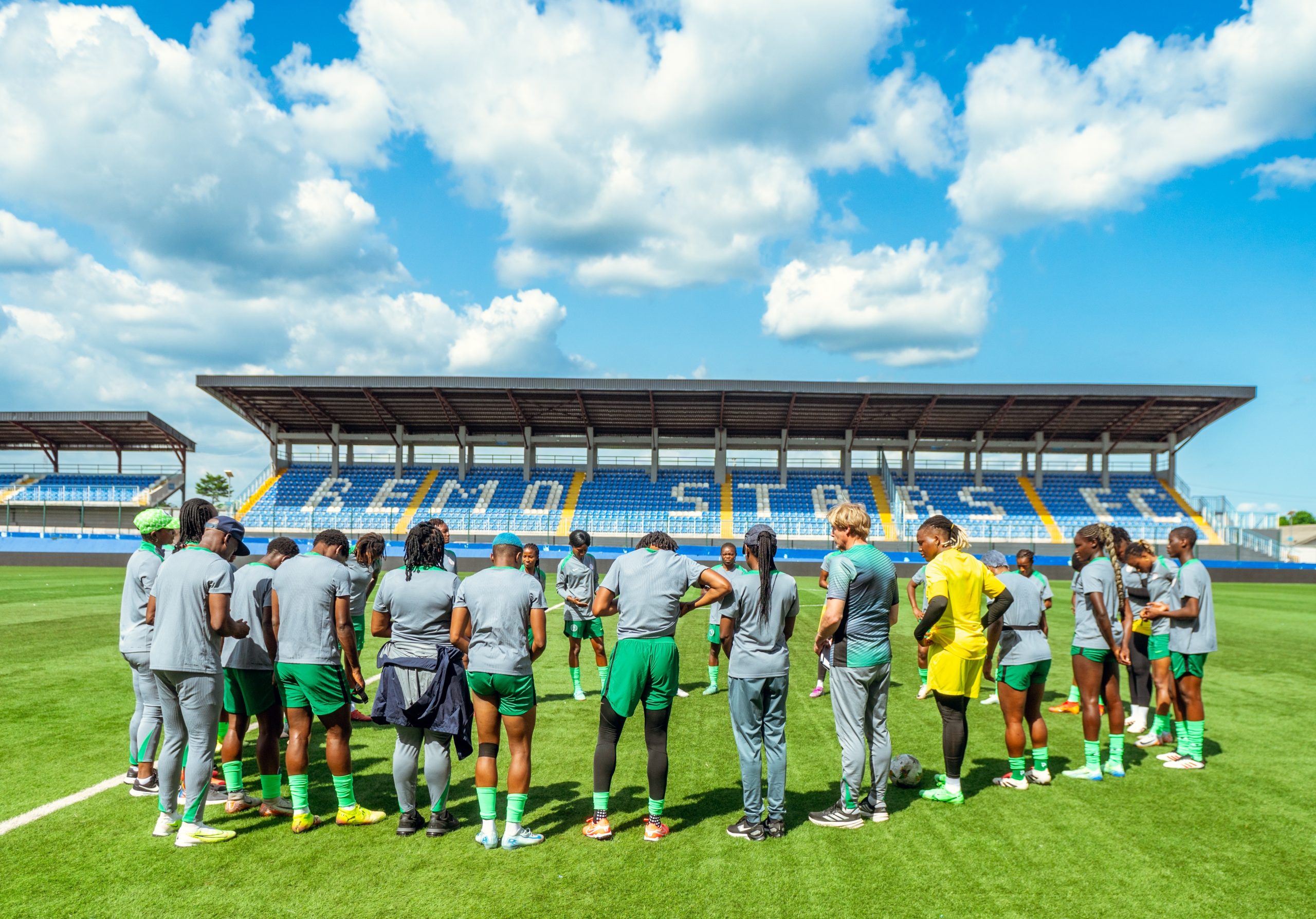
Delayed, underfunded, and undermined, this year’s Women’s Africa Cup of Nations has exposed not just neglect but active sabotage from CAF and national federations.
JULY 28. 2025
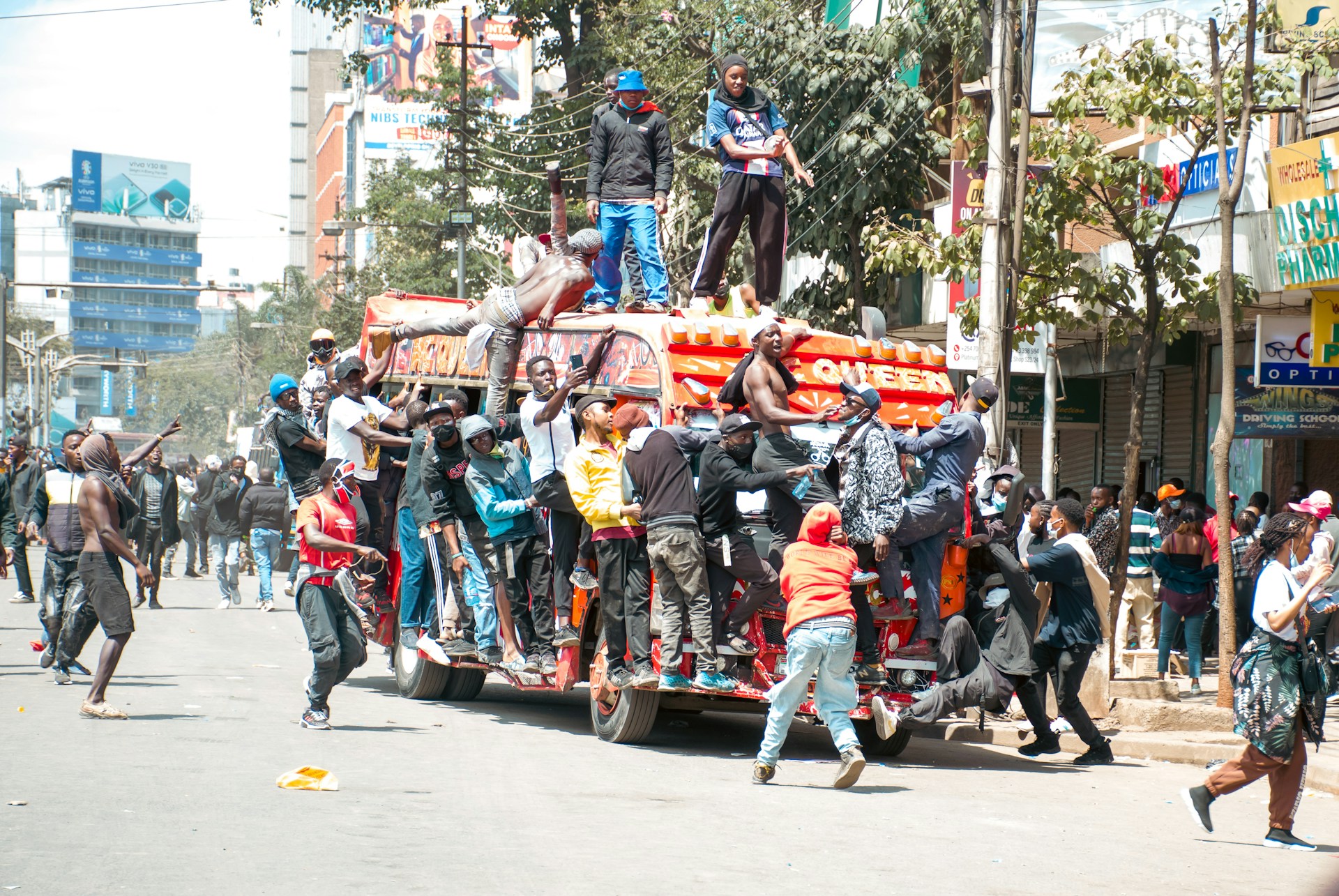
Kenya’s largest-ever protests have drawn striking comparisons to the Mau Mau uprising. But for today’s movement to endure, it must move beyond the streets and invest in political education.
JULY 25. 2025
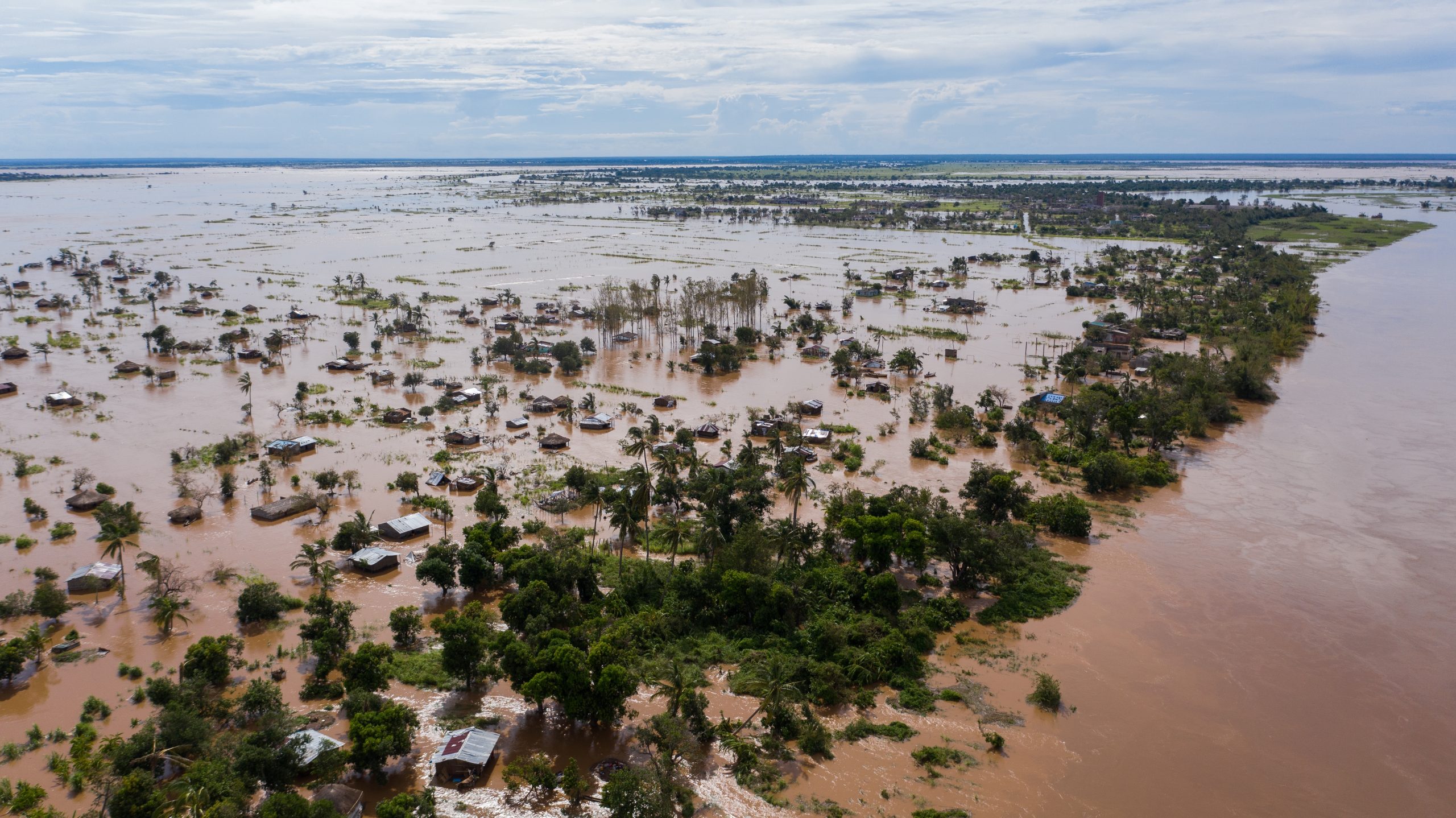
As Mozambique faces escalating climate disasters, it is shut out of the very funds meant to protect it.
JULY 24. 2025
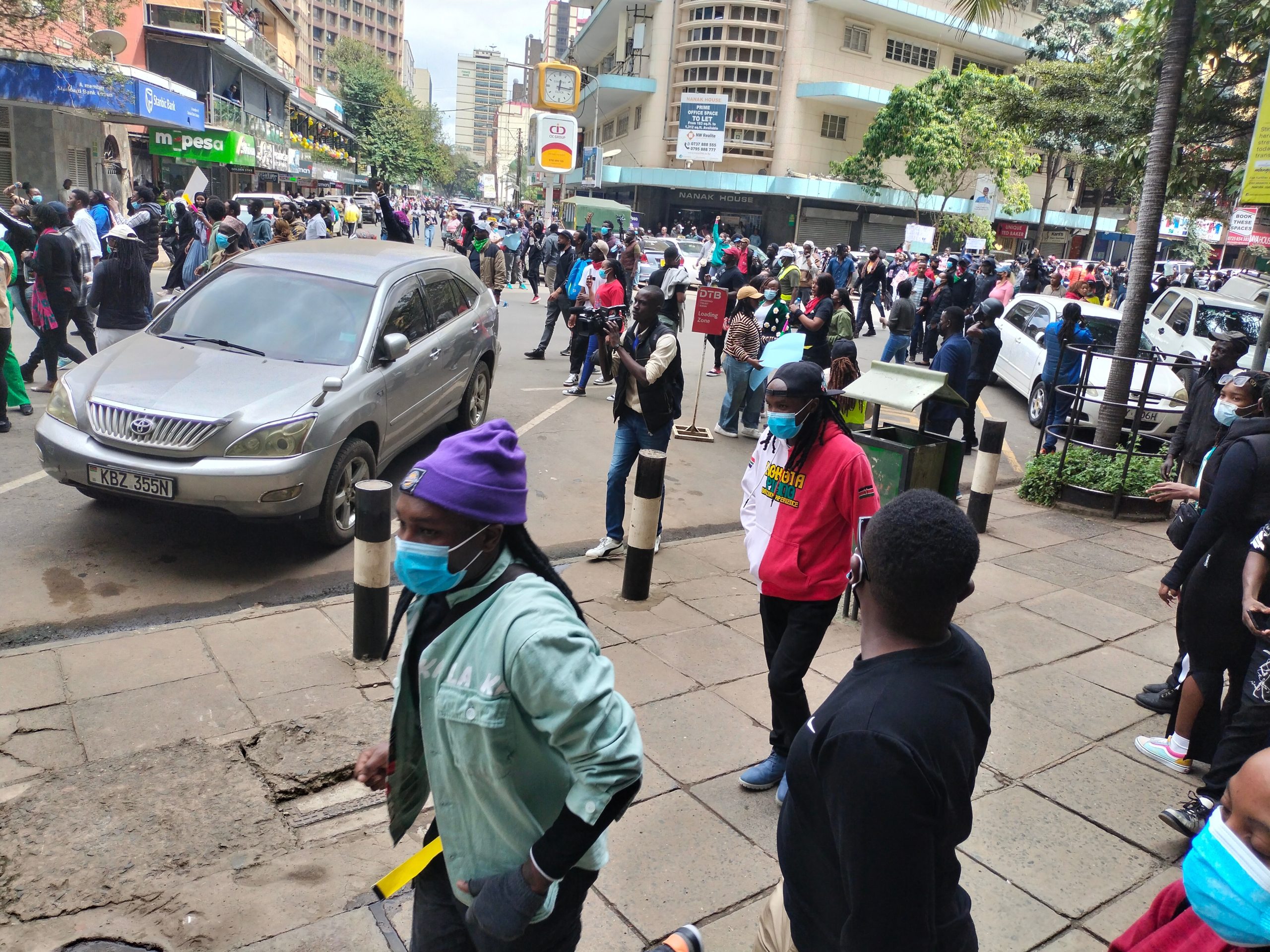
The 2025 Kenyan protests once again declared themselves “tribeless, leaderless, partyless. ” But what does the idiom of unity hide?
JULY 23. 2025
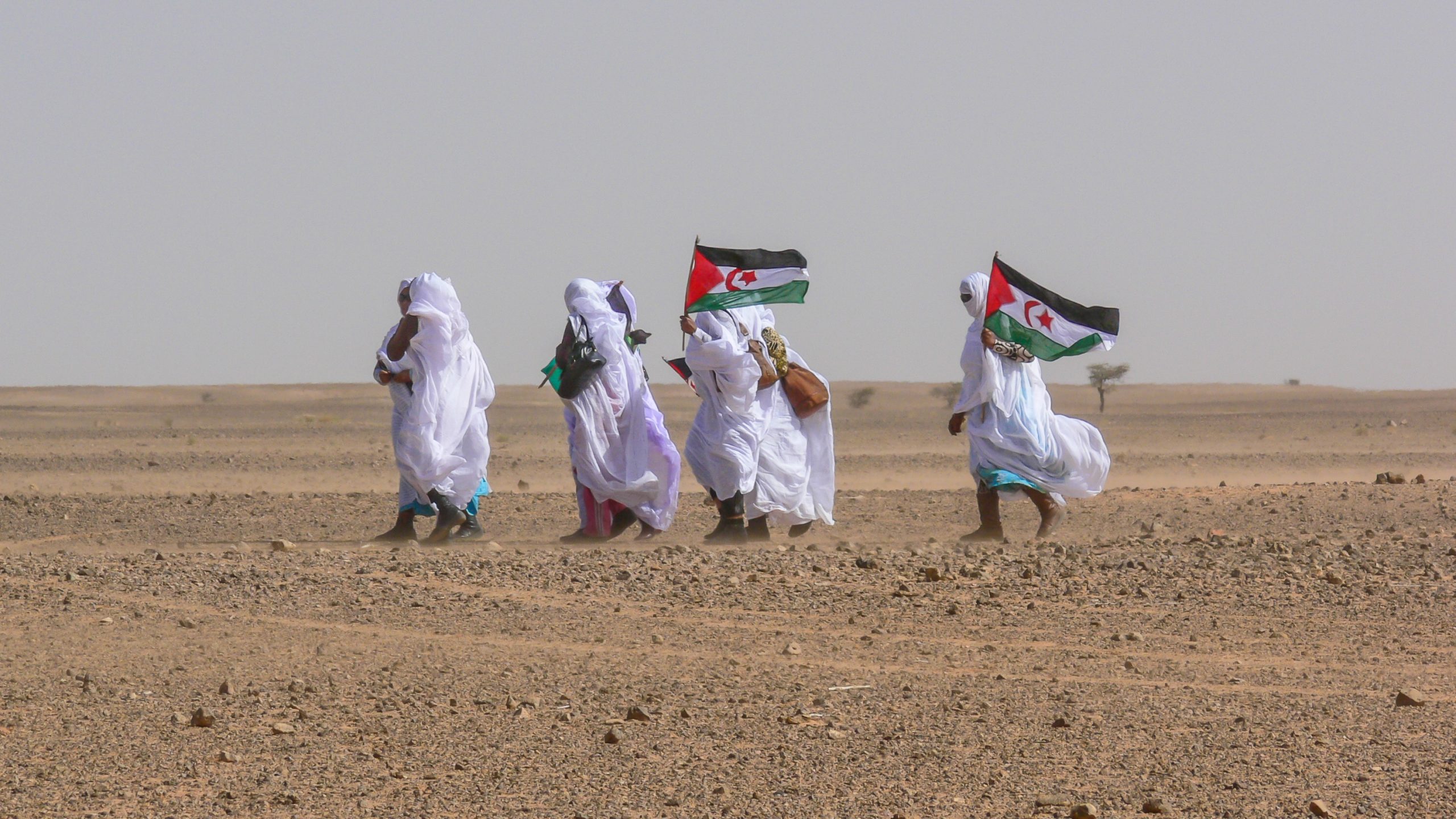
Emmanuel Macron’s recognition of Morocco’s claim to Western Sahara is a calculated pivot in a decades-old plan to reassert French influence across the Sahel.
JULY 22. 2025
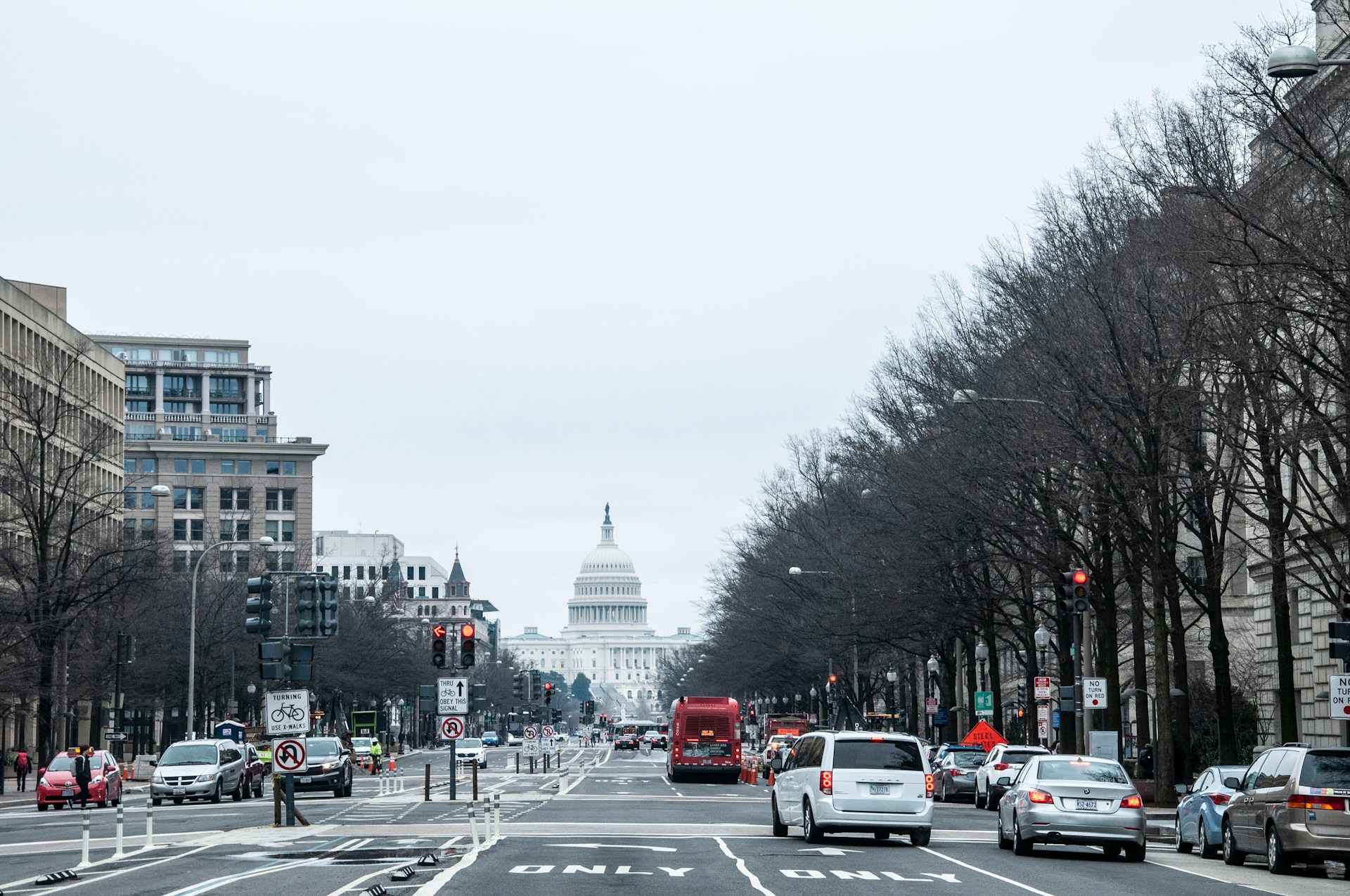
In Washington’s think tank ecosystem, Africa is treated as a low-stakes arena where performance substitutes for knowledge. The result: unqualified actors shaping policy on behalf of militarists, lobbyists, and frauds.
JULY 21. 2025
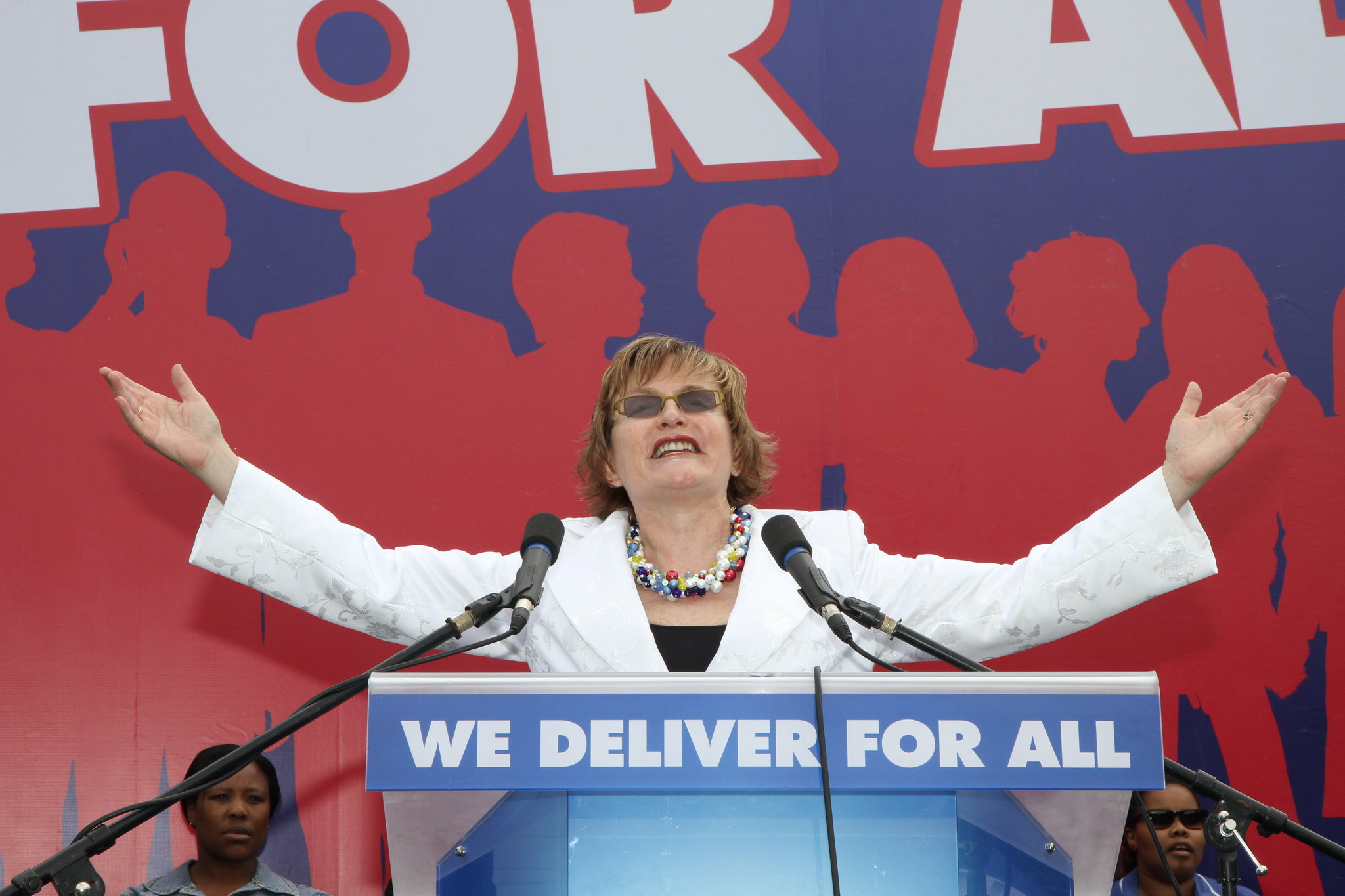
In echoing the anti-trans panic sweeping the Global North, South African political heavyweight Helen Zille joins a reactionary tradition of racialized sex policing.
JULY 18. 2025
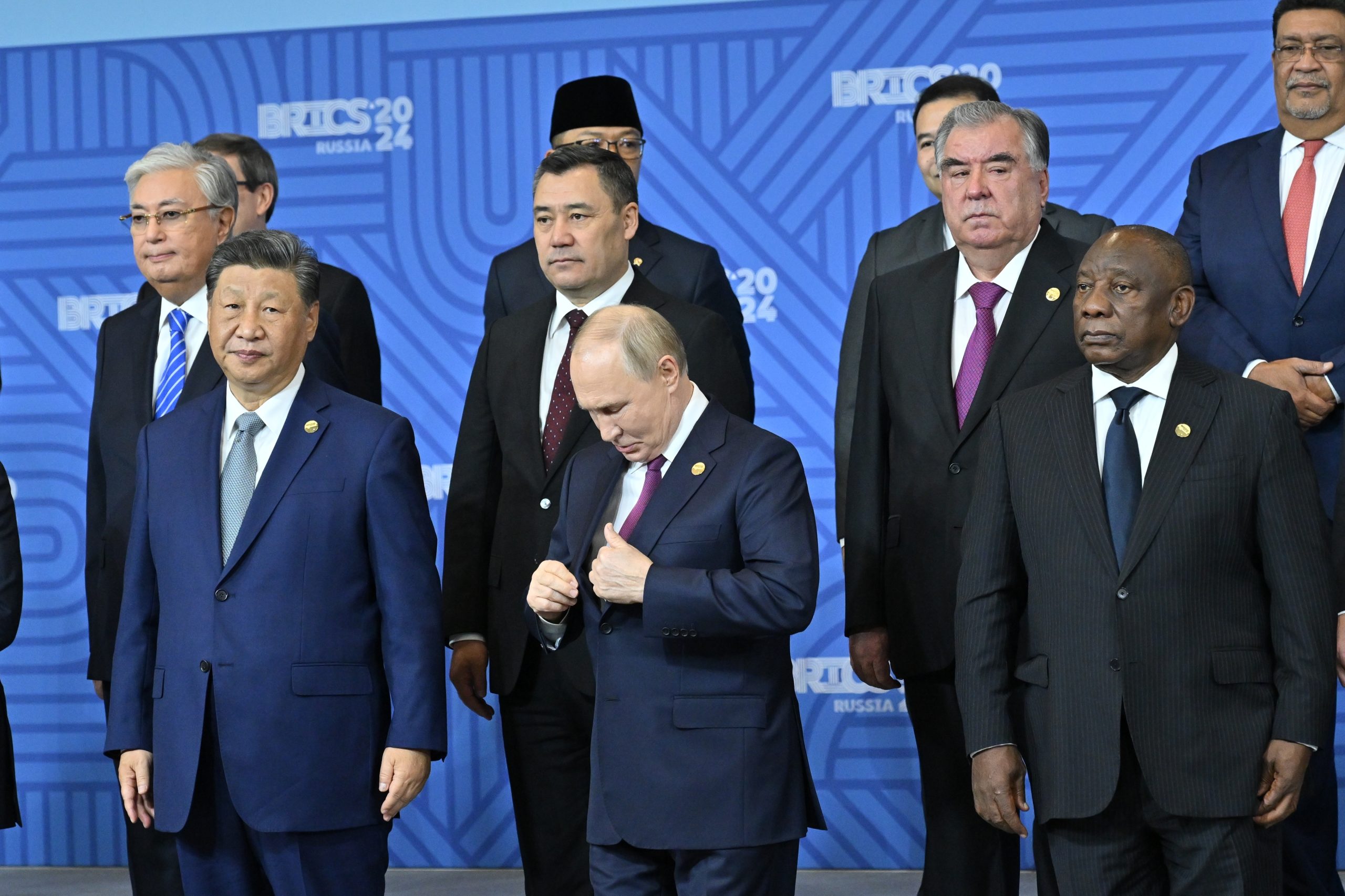
Once a symbol of anti-imperial unity, BRICS now risks becoming the very thing Bandung opposed: a club of powerful states reproducing global inequality in a new key.
JULY 16. 2025
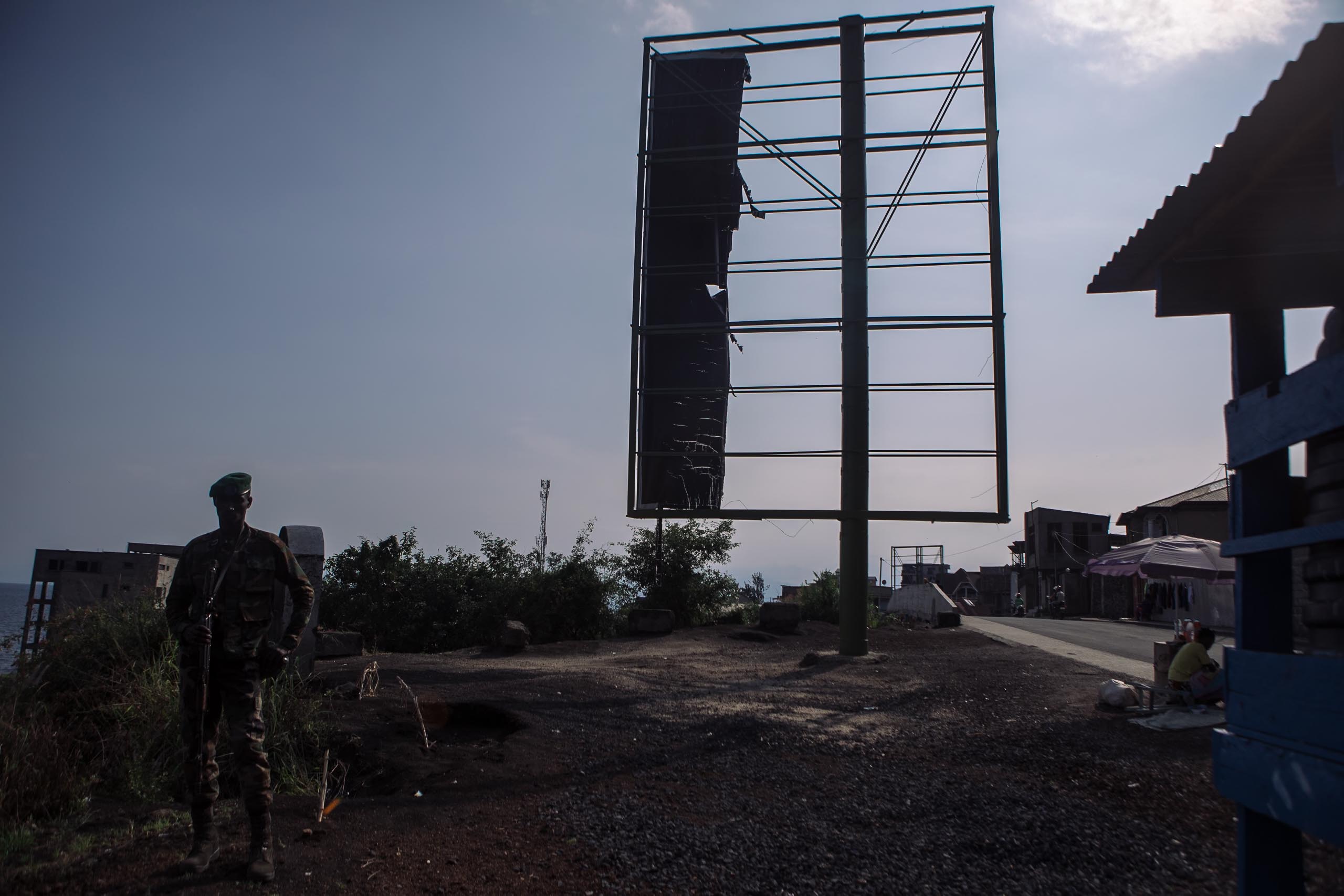
Rwanda’s military deployments in Mozambique and its shadowy ties to M23 rebels in eastern Congo are not isolated interventions, rather part of a broader geopolitical strategy to expand its regional influence.
JULY 15. 2025

Development agendas framed around “resilience” promise empowerment but often reproduce colonial power dynamics in the guise of climate adaptation.
JULY 14. 2025

Without institutional foundations or credible partners, the Alliance of Sahelian States risks becoming the latest failed experiment in regional integration.
JULY 12. 2025

Trump’s Congo-Rwanda deal is hailed as diplomatic triumph. But behind the photo ops lies a familiar exchange: African resources for Western power.

